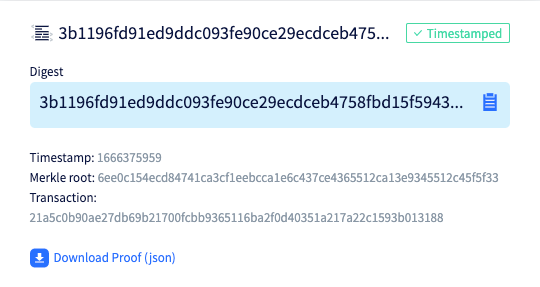The 2022 Brazilian election, which held its second round on October 30, was the biggest in the history of Brazil's young democracy. More than 120 million voters went to the polls in two rounds to elect representatives of the legislative and executive. People from all around the world turned their attention to the presidential race, disputed by the former military and current President Jair Messias Bolsonaro (far-right) against the two times President and former union leader Luiz Inácio Lula da Silva (left). In this historic and crucial moment for Brazil, Lula emerged victorious, beating Jair Bolsonaro by 50,9% against 49,1% of total votes, the tightest result ever in Brazilian elections.

The electoral campaign was marked by accusations and attacks between the candidates and parties of Lula and Bolsonaro. The situation got especially tense in October, during the election's second round when even accusations of satanism and cannibalism took place. Many cases of violence involving the candidate's supporters were registered, leading the country to a never-before-seen division of its population.
If we take a look at the clashes between Lula and Bolsonaro, it's easy to observe that many of the arguments used were based on fake news, which has become a big problem in Brazil's politics since the last election in 2018. Some of the most commented ones were: Bolsonaro accusing Lula of closing churches if he won; also the one in which Lula accused Bolsonaro of being a cannibal, after the recovery of an old interview in 2016. These are just a sample of how low campaigns in Brazil could go to win this year's election.
Fearing the impact of fake news, which seriously damaged Lula's party (workers' party) in the last elections, Lula's campaign decided to register their Plan of Government on the Decred blockchain. Decred Timestamp Service was the tool used, it allows you to create a Proof-of-Existence for a file. A Proof-of-Existence provides cryptographic proof that a file existed in its exact form at a specific Decred block height. The government plan could be downloaded at the superior electoral court website and checked in the Decred verifier.
Vinicius Russo and Fernando Henriques, volunteers to the Lula campaign who advised on this initiative, explained how simple it was for someone to verify the worker's party plan authenticity:
"just upload the Government Plan file that you may have received by WhatsApp, e-mail, etc on the Decred website, and compare the code that appears (the digest) with the code available on Lula's website"

This was the second time the worker's party used this resource. The first time occurred during the 2018 campaign for president, in which the party launched Fernando Haddad, former Lula minister, who got defeated by Bolsonaro.
Fernando Haddad's also used Decred's blockchain to register its plan for this year's election to the government of São Paulo, running as one of Lula's biggest allies. His campaign posted the following message on its website:
"The Government Plans were registered in an open, progressive and self-funded cryptocurrency with a community-based governance system integrated into its blockchain”
After the VotoLegal experience, when the Decred blockchain was used to register campaign donations and increase transparency, Decred is once more present in Brazilian elections! This time the TimeStamp service was used as an authentication factor for a government plan, making it easier to check if information about it is true or false.
Do you think Decred can help democracies in more ways? Leave a comment!






Comments ()